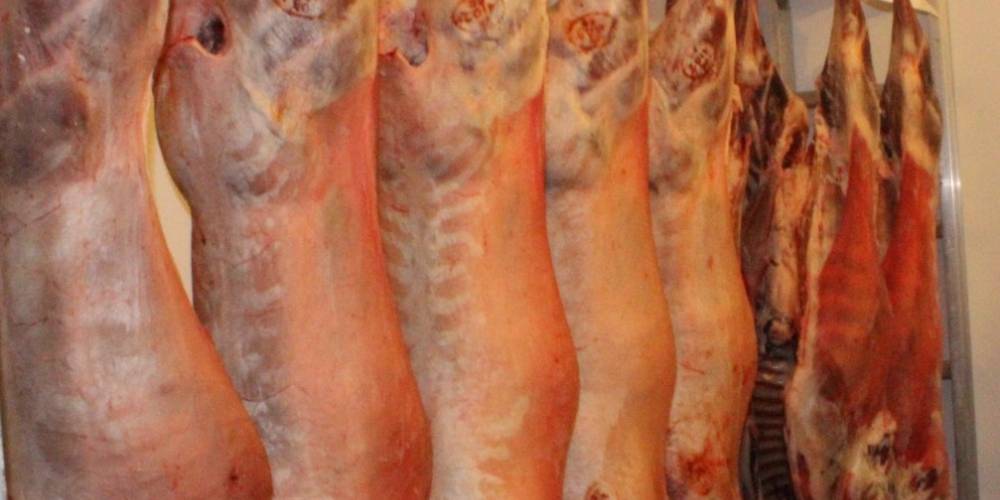
NSA alerts sheep industry of likely U-turn on promised changes to carcass splitting rules
5th March 2019
The National Sheep Association (NSA) is highly frustrated that planned change to carcase splitting rules for lambs born in 2018 onwards are likely to be abandoned.
At a meeting for industry bodies hosted by Defra yesterday (Monday 4th March) it was announced that Defra Ministers and the Chief Veterinary Officer are concerned about the effect of introducing this change on the possible need for the UK to regain an EU third country listing in the event of a no deal or a delay to Brexit negotiations. Prior to yesterday, the sheep industry had been given assurance by Defra that the change had been signed off at a UK and EU level and would be implemented as soon as the Food Standards Agency (FSA) was ready. This was further strengthened last autumn by a ruling from the EU that clearly allowed member states to choose their own system of ageing sheep for TSE controls.
Given the uncertainty that has been evident over the last two months, NSA is keen to inform the sheep sector and red meat industry of recent developments. This is a subject NSA, working collaboratively with other farming and processor bodies, has been working intensively on since 2015.
NSA Chief Executive Phil Stocker comments: “I agree fully with the absolute need for the UK to maintain or regain third country listing with the EU. This is something NSA has been warning about for months, as access to the EU market is crucial, not just for the sheep sector but for other farming and food sectors too. But in November 2018, then Farming Minister George Eustice gave a statement giving the carcase splitting change the green light and this was followed by a written statement from Defra in December informing industry that approval had been given and the change would be introduced in spring 2019, to include lambs born in 2018. We were told a risk assessment had been done, everything had been cleared and, as the weeks progressed, we were being led to believe all we were waiting for was FSA to agree implementation procedures.
“This U-turn this has raised the question of trust in Ministers, especially as it comes just days after Mr Eustice’s resignation from the Cabinet. He wrote to me shortly after the referendum boldly saying that if the EU won’t allow us to change our method of ageing then this will be one of the first things we will change when we are no longer a member state. We are now told that if we are no longer members of the EU, we don’t have the ability or latitude to make that change.
“Anyone still thinking that departure from the EU will result in freeing agriculture from nonsensical rules and regulations should think again. We have been told now that formal legislative change is needed, and this will require a consultation to take place. This is the first time we have heard anything about this, and it leads me to conclude there is no way this can take place this season.
“I am aware people will have made business decisions this spring based on the expectations of these rules changing and, on behalf of NSA, I’d like to apologise if we have become tangled up with giving what have become incorrect messages to industry. All I can say is that we were acting in good faith and working to keep industry informed using written statements and agreements from Defra and our Farming Minister.”
NSA will continue to push this issue and try to ensure it remains at the top of Defra’s agenda.


